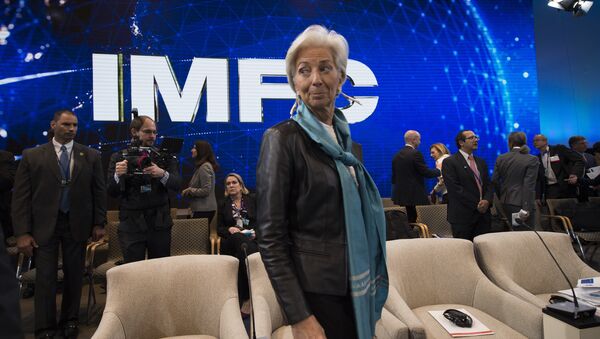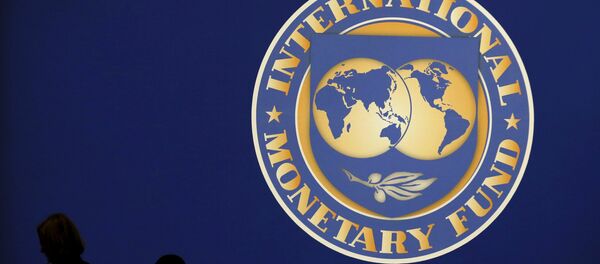Given the example of several Latin American countries that were assisted by the IMF during the late 20th century, it could be argued that the fund’s recommendations and loans can sometimes do more harm than good to the debtor’s economy.
Acting on recommendations supplied by IMF, the then-Argentine Minister of Finance Domingo Cavallo managed to contain the stagflation that was plaguing the country by the 1990, and his policies of trade liberalization, deregulation, and privatization resulted in what some dubbed as an “economic wonder”. However, his success proved to be relatively short-lived as these very same policies did little to prevent the economic crisis that ravaged the country in 2001.
The economic "shock therapy" conducted by the Brazilian military government in 1983-1984 was one of the chief factors that contributed to its demise, as the campaign of civil disobedience and the mass disturbances sparked by the reforms greatly bolstered the opposition.
According to Bolivian President Evo Morales, the IMF's “advice” cost his country a significant portion of its oil revenues, which he estimated at approximately $32 billion over the course of 10 years.
"The IMF would never help. The IMF is an instrument of economic domination, an instrument of economic intervention… The nations that obey the IMF will continue experiencing problems," Morales declared during an interview with RIA Novosti.
Given Ukraine's current political instability, rampant corruption and the dismal state of its economy, it remains unclear exactly how the country will be able to repay the IMF loans it has already received, not to mention the financial aid Kiev may quite possibly require in the near future.
Stanislav Grigoriev, an advisor at the Herbert Smith Freehills international law firm, told Lenta.ru that the future of this debt largely depends on the nature of an agreement between the IMF and Kiev.
"I doubt that the IMF is interested in some sort of property in Ukraine. It’s likely that part of the debt will be written off, and another part will be subjected to restructuring," Grigoriev speculated, adding that the IMF may demand the privatization of certain assets by Kiev in order for Ukraine to pay off the debt.
Be as it may, one thing is for certain – the hardships and uncertainty that Ukrainian economy is currently facing are far from over.






